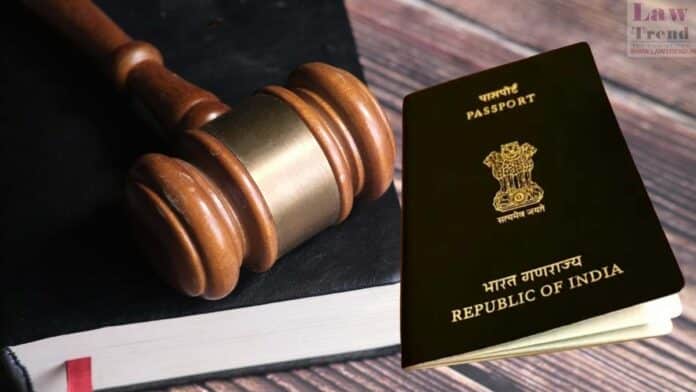The Allahabad High Court has ruled that no prior permission from a competent court is required for the issuance of a passport under the Indian Passport Act, even if criminal cases are pending against the applicant. This significant judgment was delivered by a division bench comprising Justice Alok Mathur and Justice Arun Kumar Singh Deshwal
To Read More Please Subscribe to VIP Membership for Unlimited Access to All the Articles, Download Available Copies of Judgments/Order, Acess to Central/State Bare Acts, Advertisement Free Content, Access to More than 4000 Legal Drafts( Readymade Editable Formats of Suits, Petitions, Writs, Legal Notices, Divorce Petitions, 138 Notices, Bail Applications etc.) in Hindi and English.




